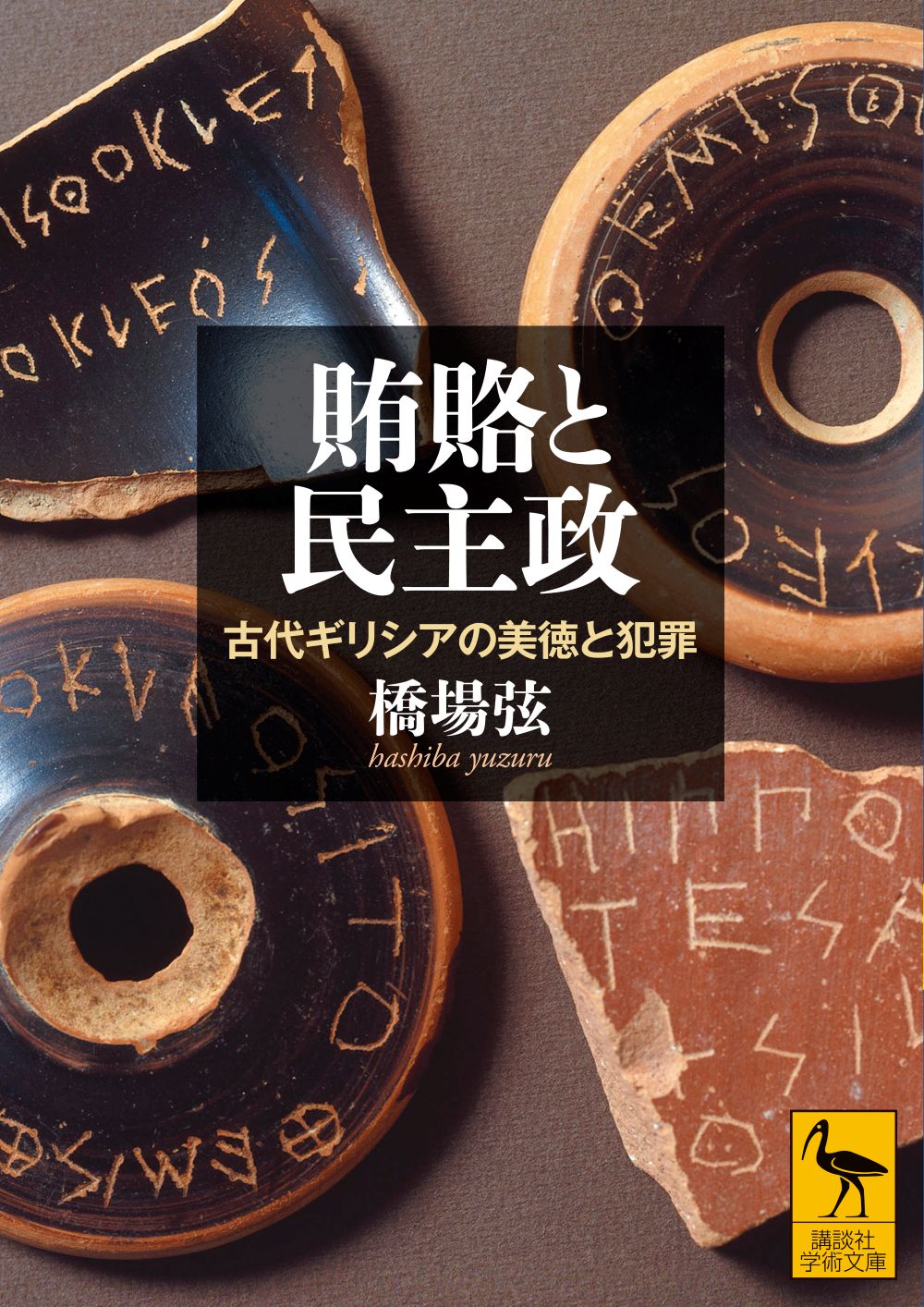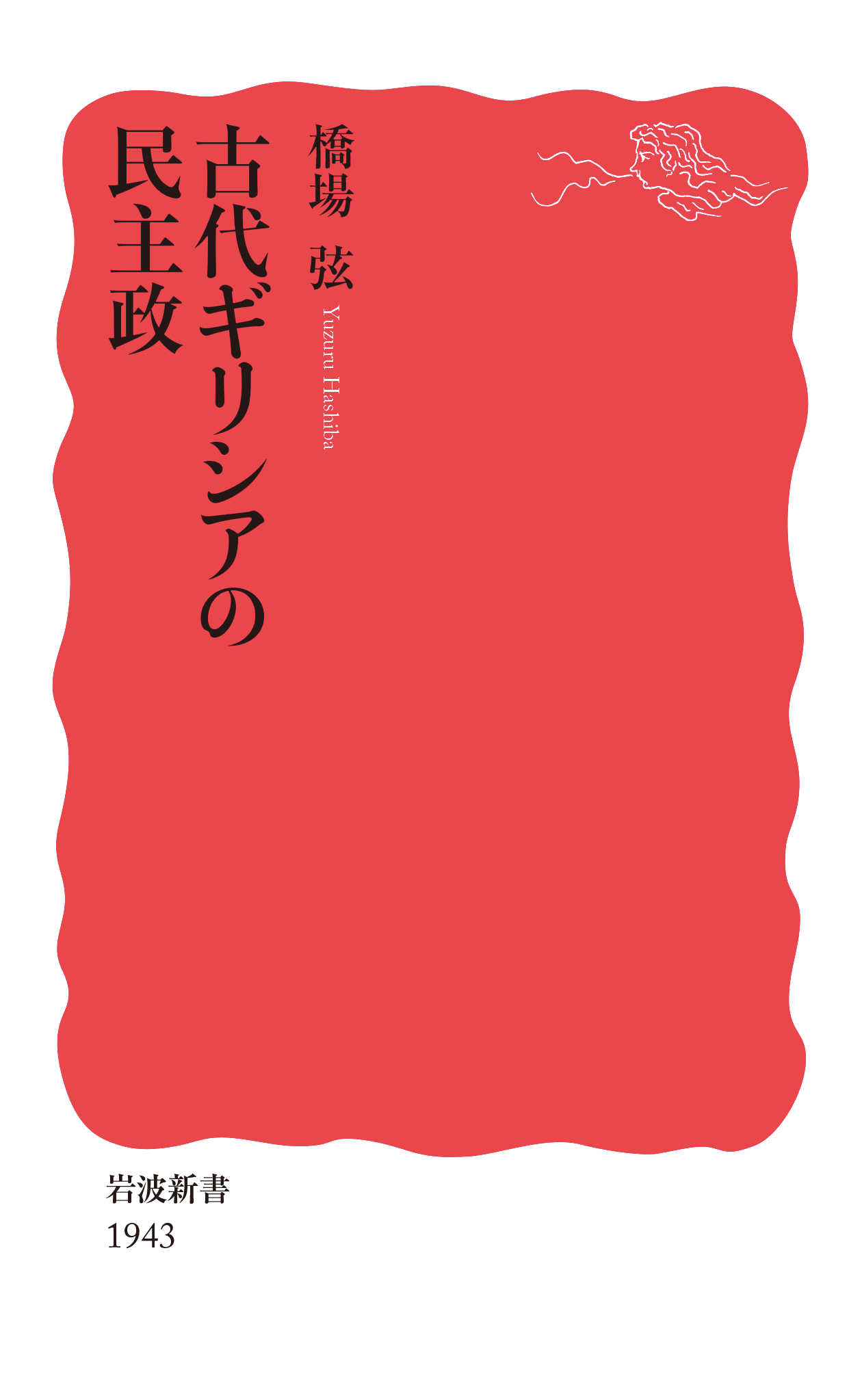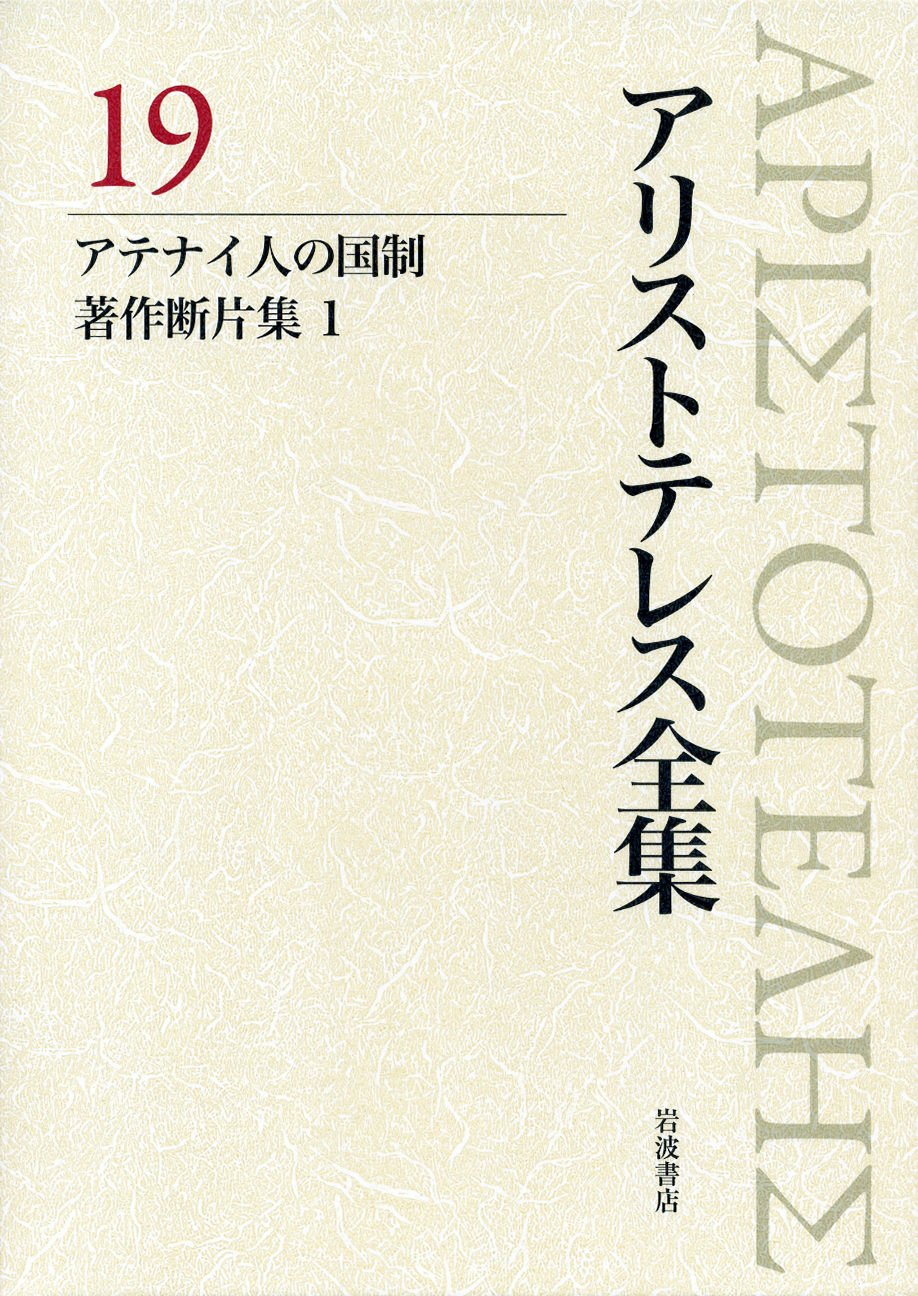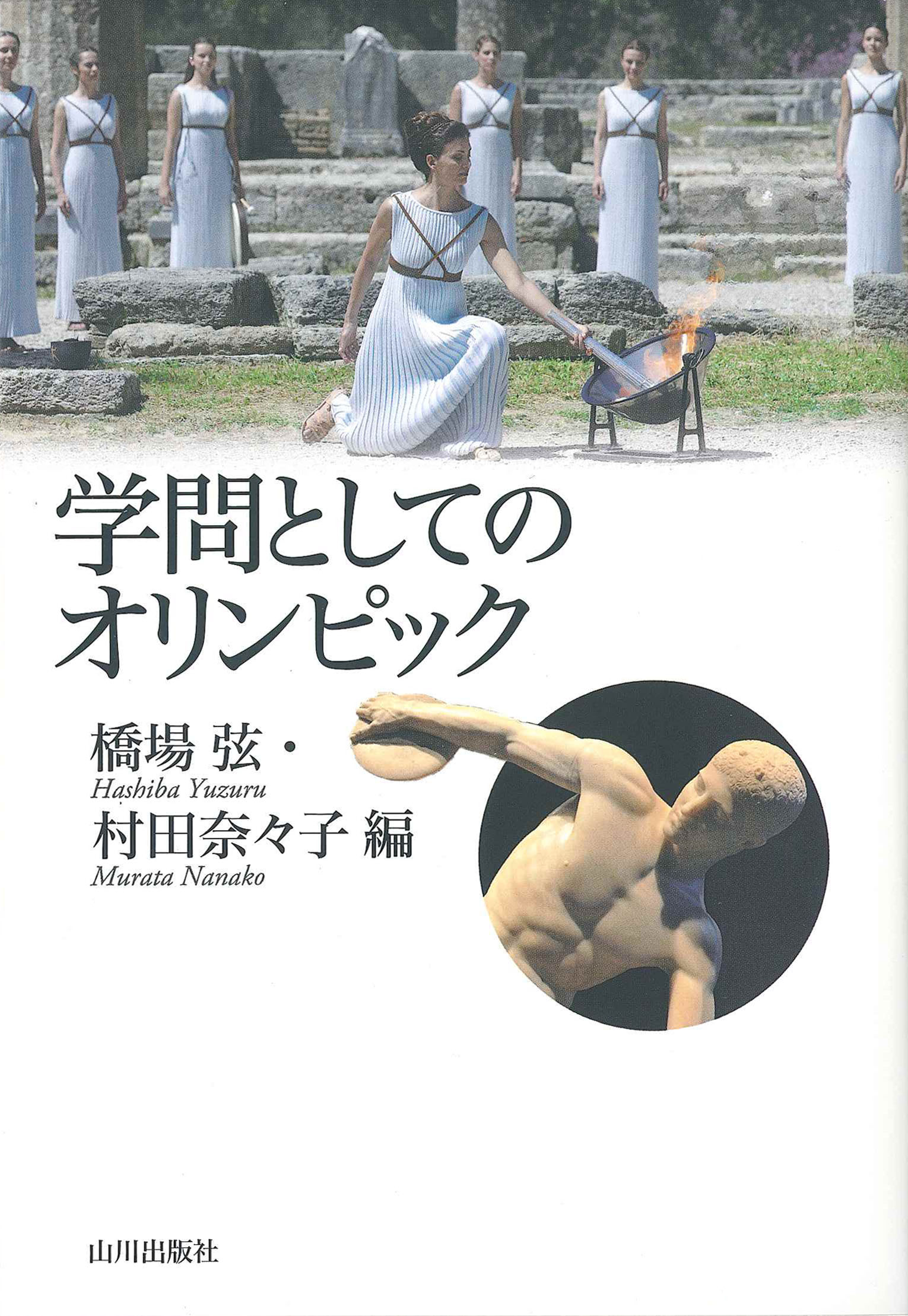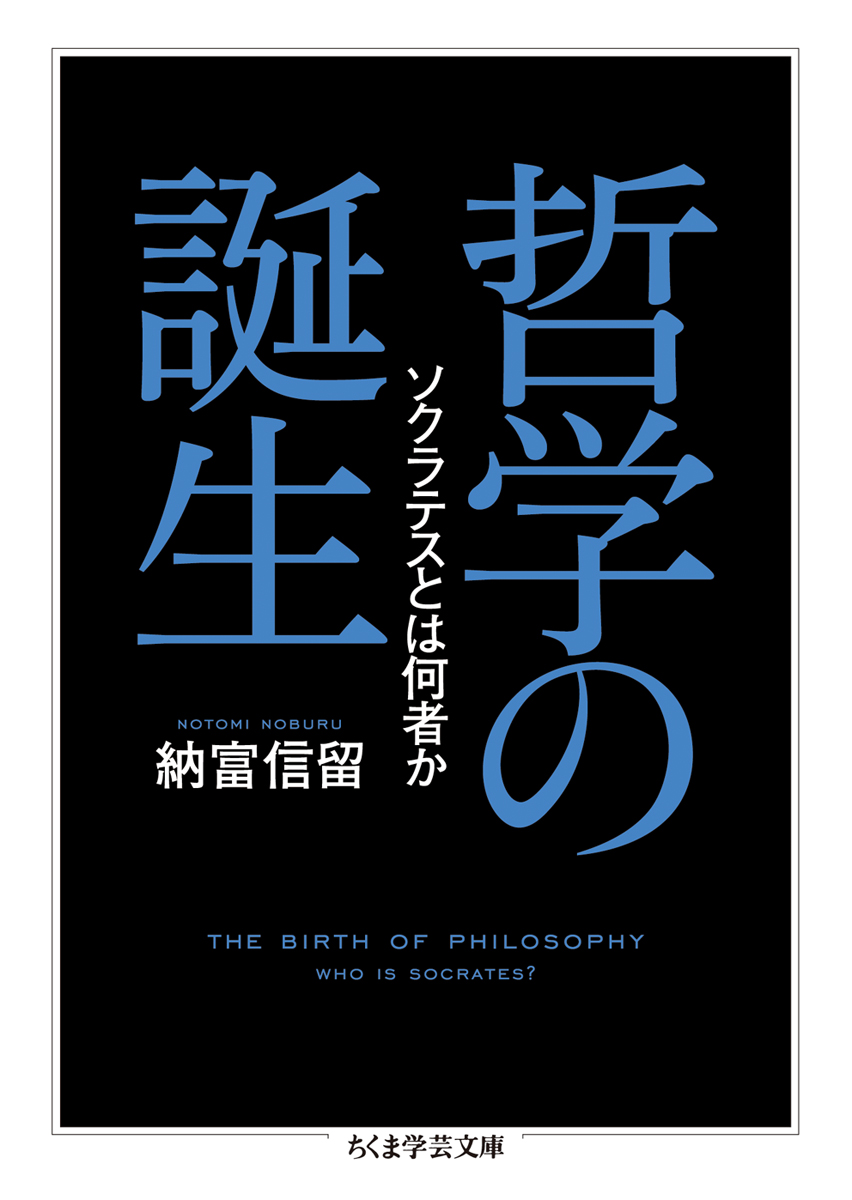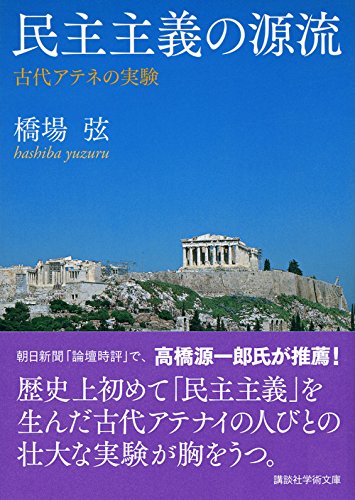
Title
Kodansha academic library Minshu-shugi no genryu (The Origins of Democracy: Experiment of ancient Athens)
Size
288 pages, A6 format
Language
Japanese
Released
January 09, 2016
ISBN
978-4-06-292345-3
Published by
Kodansha
Book Info
See Book Availability at Library
Japanese Page
How did the citizens of ancient Athens realize complete direct democracy on a scale unprecedented in world history? This theme is explored following a timeline extending from the end of the sixth century BC, when the Athenian democracy was founded, to 322 BC, when the Macedonians suppressed it. The mechanisms of Athenian democracy are revealed in detail through the depiction of the lives of various figures: Miltiades, hero of the Battle of Marathon; Pericles, who consolidated democracy in Athens; and the philosopher Socrates, who was sentenced to death by a people’s court. This book was specifically written for the general public for educational purposes.
The kind of democracy idealized by Pericles was not a mere state system: it was a way of life, where every citizen was also expected to play an active part in the democracy. Pericles stressed the necessity of gaining experience and competence in both the public and private spheres. A person who did not participate in political life was considered an incompetent citizen. As such, citizens were all expected to show versatility, adaptability, independence, and self-sufficiency. It is here possible to infer an important hint about what animated the concept of democracy.
Citizens of the polis of ancient Greece were expected to be well-rounded and demonstrate their abilities at a sufficient level in every way to live as citizens supporting the democracy. When acting as full-fledged citizens, they were indeed required to perform various duties. Whatever their occupation was, whether in agriculture, industry, or commerce, they had to first manage their own homes well. It is pointed out that the great statesman Pericles was strict when it came to managing household expenses and expenditures. Of course, household management included overseeing slaves and educating slave supervisors, women, and children. On the other hand, in the public arena, citizens participated in assemblies, served as jurors and, if picked by the lottery, would serve a one-year term as government officials. In times of need, they had to move to the battlefield and risk their lives as warriors. In order to avoid an embarrassing defeat in battle, the etiquette of a worthy citizen was to not neglect the physical discipline they had routinely acquired on the athletic field. They were required to thoroughly nurture their physical and mental abilities in every domain, both in the public and private spheres.
The very mechanisms of democracy in which all citizens took turns to perform many roles, including military service, are what conditioned the need for such personality traits.
This book discusses convincingly how Athenian democracy, which had been labeled an “ochlocracy” in various publications, including textbooks, was in fact an elaborate system supported by the active political participation of the general public; furthermore, this system had demonstrated its true value by the fourth century BC, a time that had previously been criticized as a period of “depravation.”
*Revised paperback edition of the previously published: “Oka no ue no minshu-sei - kodai atene no jikken” (Experiment of ancient Athens – democracy on the hill) (University of Tokyo Press, 1997).
(Written by HASHIBA Yuzuru, Professor, Graduate School of Humanities and Sociology / 2018)



 Find a book
Find a book


